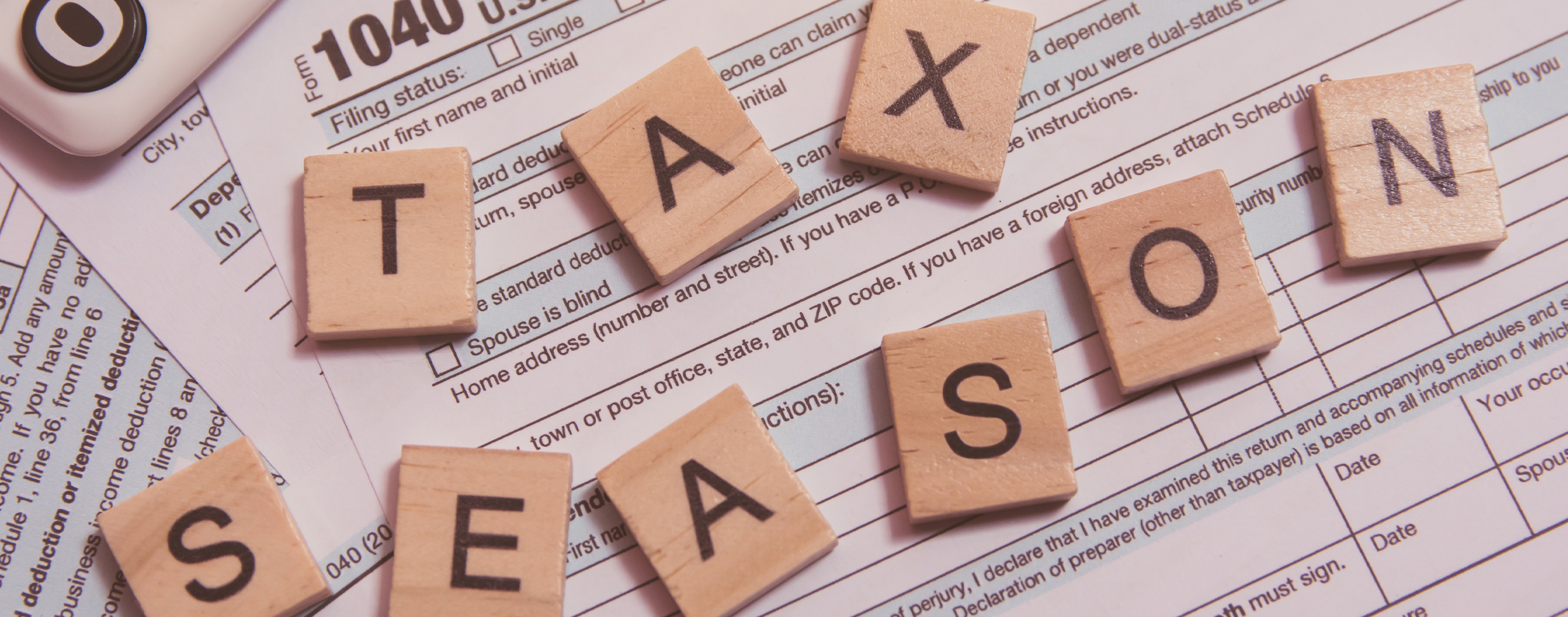
How to Guide on Preparing for Tax Season
The New Year is here, and that also means the countdown to tax season begins. Preparing your taxes may seem like a stressful and daunting task, but it doesn’t have to be. With a little organization and planning, you can file your taxes efficiently and even uncover opportunities to save money.
Step 1: Gather Your Documents
Here’s what you’ll likely need:
- Income Statements: W-2s from your employer(s), 1099s for freelancers or contractors, and other income-related forms.
- Tax Deduction Records: Receipts for charitable donations, medical expenses, or mortgage interest, student loan interest, etc.
- Investment Information: 1099 forms for dividends, interest, or capital gains.
- Last Year’s Tax Return: Useful as a reference point to ensure consistency.
Pro tip: Use a folder or digital storage system to keep all your tax-related documents in one place throughout the year.
Step 2: Review Tax Changes
Tax laws can change from year to year, and staying informed can help you take advantage of new deductions or credits.
- Check the IRS website for updates.
- Research changes to tax brackets, standard deductions, or retirement contribution limits.
- Consult a tax professional for personalized advice.
Step 3: Organize Your Finances
Having a clear picture of your finances makes filing easier:
- Track Expenses: Use budgeting apps or spreadsheets to categorize personal and business expenses.
- Reconcile Accounts: Match bank statements with your records to ensure accuracy.
- Separate Business and Personal Finances: If you’re self-employed, maintain a dedicated business account.
Step 4: Choose a Filing Method
Decide whether you’ll file your taxes yourself or work with a professional:
- DIY Options: Tax software like TurboTax or H&R Block can guide you through the process step-by-step.
- Hire a Professional: If your taxes are complex (or if you’re simply uncomfortable filing by yourself), a certified public accountant (CPA) can save you time, identify additional deductions and grant you peace of mind that your taxes are done right.
Step 5: Maximize Deductions and Credits
Tax deductions and credits reduce your taxable income or directly lower your tax bill. Common ones include:
- Education Credits: For tuition or student loan interest.
- Home Office Deduction: For remote workers or small business owners.
- Child Tax Credit: If you have dependents.
Make sure to keep detailed records to back up your claims.
Step 6: File Early
Filing your taxes early offers several benefits:
- Faster Refunds: If you’re owed a refund, filing early ensures you get it sooner.
- Avoiding Fraud: Filing early reduces the risk of someone else using your information to file a fraudulent return.
Step 7: Plan for Next Year
Once you’ve filed your taxes, take steps to make next year’s tax season even smoother:
- Adjust your withholding. (Consider withholding more if you owed taxes or withholding less if you received a large refund.)
- Set up a system for tracking expenses and saving receipts.
- Contribute to tax-advantaged accounts like IRAs or HSAs.
By staying organized and proactive, you can minimize stress and maximize your savings. Whether you file independently or work with a professional, following these steps will help you approach tax season with confidence.
*CSE Federal Credit Union is not a tax-professional and cannot give advice on completing your taxes. Ask a qualified CPA or Financial Planner for more.
Comments